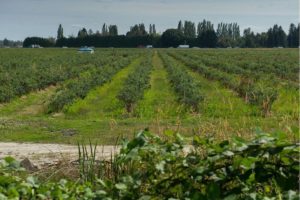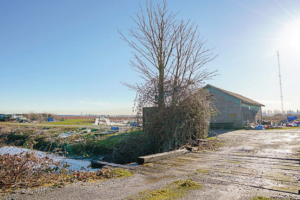DNA in British Columbia estate litigation is widely used and it is readily accepted by the courts as proof of paternity in particular. The first time I used DNA was in approximately 1991 when somebody committed suicide off a ferry. Their body was never found. A child from the Northwest Territories of Canada came forward and said that he was her father. She had no proof whatsoever of this. She had a photograph of him in which he looked somewhat like him but other than that, the marriage certificate and birth registration made no mention of this child.
We obtained DNA from the deceased siblings across the country and it concluded that 99.99 percent that she was his child. He died without a will. She inherited his entire estate. It is common to use DNA in estate litigation as many, many people find out late in life that who they thought was the father was in fact not their father. I recently had this happen of the 55 year-old man who found out that his father was not in fact his father and another man who had lived with the family was. It was quite a shock, needless to say. Court orders can be obtained to force people to grant DNA. It is a discretionary remedy but such an order can be obtained if it is necessary. I’ve done so in several occasions.




